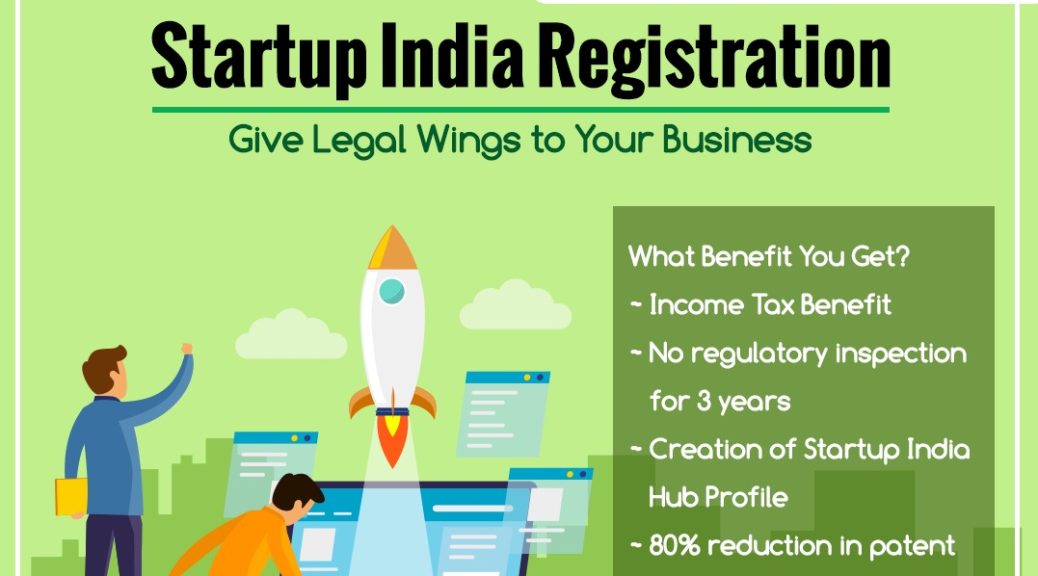CBIC reduces interest rate for tax periods from Feb to July 2020
CBIC lowered interest rate for tax periods from February, 2020 to July, 2020 for delayed filing of GSTR 3B vide Notification No. 05/2020 –Integrated Tax Dated 24th June, 2020.
Ministry of Finance
(Department Of Revenue)
(Central Board of Indirect Taxes and Customs)
Notification No. 05/2020 –Integrated Tax
New Delhi, the 24th June, 2020
G.S.R. 410(E).—In exercise of the powers conferred by section 20 of the Integrated Goods and Services Tax Act, 2017 (13 of 2017), read with sub-section (1) of section 50 and section 148 of the Central Goods and Services Tax Act, 2017 (12 of 2017), the Government, on the recommendations of the Council, hereby makes the following further amendment in notification of the Government of India in the Ministry of Finance (Department of Revenue), No. 6/2017 – Integrated Tax, dated the 28th June, 2017, published in the Gazette of India, Extraordinary, Part II, Section 3, Sub-section (i) vide number G.S.R. 698(E), dated the 28th June, 2017, namely:-
In the said notification, in the first paragraph, for the first proviso, the following proviso shall be substituted, namely: –
“Provided that the rate of interest per annum shall be as specified in column (3) of the Table given below for the period mentioned therein, for the class of registered persons mentioned in the corresponding entry in column (2) of the said Table, who are required to furnish the returns in FORM GSTR-3B, but fail to furnish the said return along with payment of tax for the months mentioned in the corresponding entry in column (4) of the said Table by the due date, namely:–
| S. No. | Class of registered persons | Rate of interest | Tax period |
| (1) | (2) | (3) | (4) |
| 1. | Taxpayers having an aggregate turnover of more than rupees 5 crores in the preceding financial year | Nil for first 15 days from the due date, and 9 per cent thereafter till 24th day of June, 2020 | Feb, 2020, March 2020, April, 2020 |
| 2. | Taxpayers having an aggregate turnover of up to rupees 5 crores in the preceding financial year, whose principal place of business is in the States of Chhattisgarh, Madhya Pradesh, Gujarat, Maharashtra, Karnataka, Goa, Kerala, Tamil Nadu, Telangana or Andhra Pradesh or the Union territories of Daman and Diu and Dadra and Nagar Haveli, Puducherry, Andaman and Nicobar Islands and Lakshadweep | Nil till the 30th day of June, 2020, and 9 per cent thereafter till the 30th day of September, 2020 | Feb, 2020 |
| Nil till the 3rd day of July, 2020, and 9 per cent thereafter till the 30th day of September, 2020 | March, 2020 | ||
| Nil till the 6th day of July, 2020, and 9 per cent thereafter till the 30th day of September, 2020 | April, 2020 | ||
| Nil till the 12th day of September, 2020, and 9 per cent thereafter till the 30 th day of September, 2020 | May, 2020 | ||
| Nil till the 23rd day of September, 2020, and 9 per cent thereafter till the 30 th day of September, 2020 | June, 2020 | ||
| Nil till the 27th day of September, 2020, and 9 per cent thereafter till the 30 th day of September, 2020 | July, 2020 | ||
| 3 | Taxpayers having an aggregate turnover of up to rupees 5 crores in the preceding financial year, whose principal place of business is in the States of Himachal Pradesh, Punjab, Uttarakhand, Haryana, Rajasthan, Uttar Pradesh, Bihar, Sikkim, Arunachal Pradesh, Nagaland, Manipur, Mizoram, Tripura, Meghalaya, Assam, West Bengal, Jharkhand or Odisha or the Union territories of Jammu and Kashmir, Ladakh, Chandigarh and Delhi | Nil till the 30th day of June, 2020, and 9 per cent thereafter till the 30th day of September, 2020 | February, 2020 |
| Nil till the 5th day of July, 2020, and 9 per cent thereafter till the 30th day of September, 2020 | March, 2020 | ||
| Nil till the 9th day of July, 2020, and 9 per cent thereafter till the 30th day of September, 2020 | April, 2020 | ||
| Nil till the 15 th day of September, 2020, and 9 per cent thereafter till the 30 th day of September, 2020 | May, 2020 | ||
| Nil till the 25th day of September, 2020, and 9 per cent thereafter till the 30 th day of September, 2020 | June, 2020 | ||
| Nil till the 29th day of September, 2020, and 9 per cent thereafter till the 30 th day of September, 2020 | July, 2020.”. |
[F. No. CBEC-20/06/09/2019-GST]
PRAMOD KUMAR, Director
Note: The principal notification number 06/2017 – Integrated Tax, dated the 28th June, 2017, published in the Gazette of India, Extraordinary, Part II, Section 3, Sub-section (i) vide number G.S.R.698(E), dated the 28th June, 2017 and was last amended vide notification number 03/2020 – Integrated Tax, dated the 8th April, 2020, published in the Gazette of India, Extraordinary, Part II, Section 3, Sub-section (i) vide number G.S.R. 242(E), dated the 8th April, 2020.


